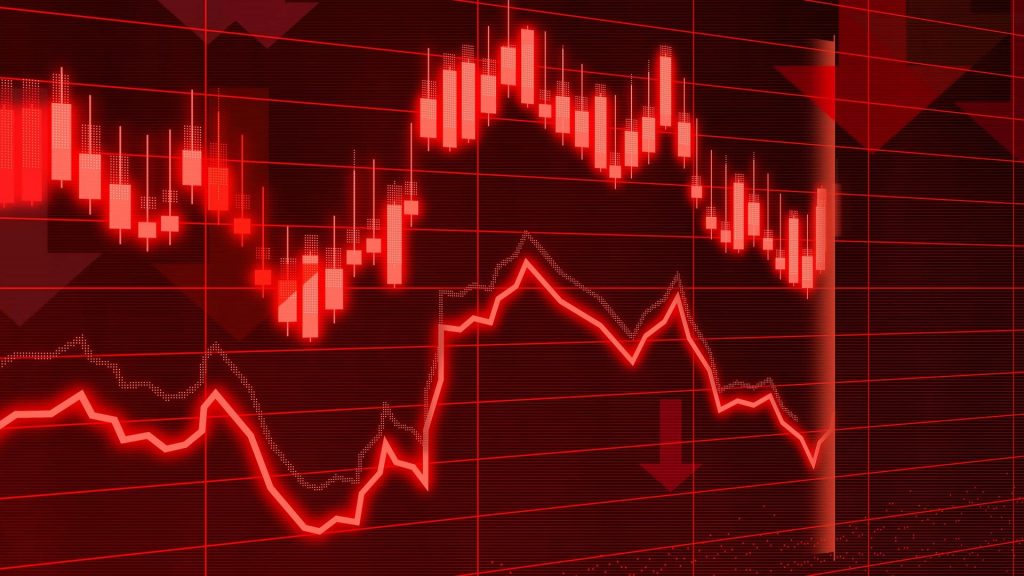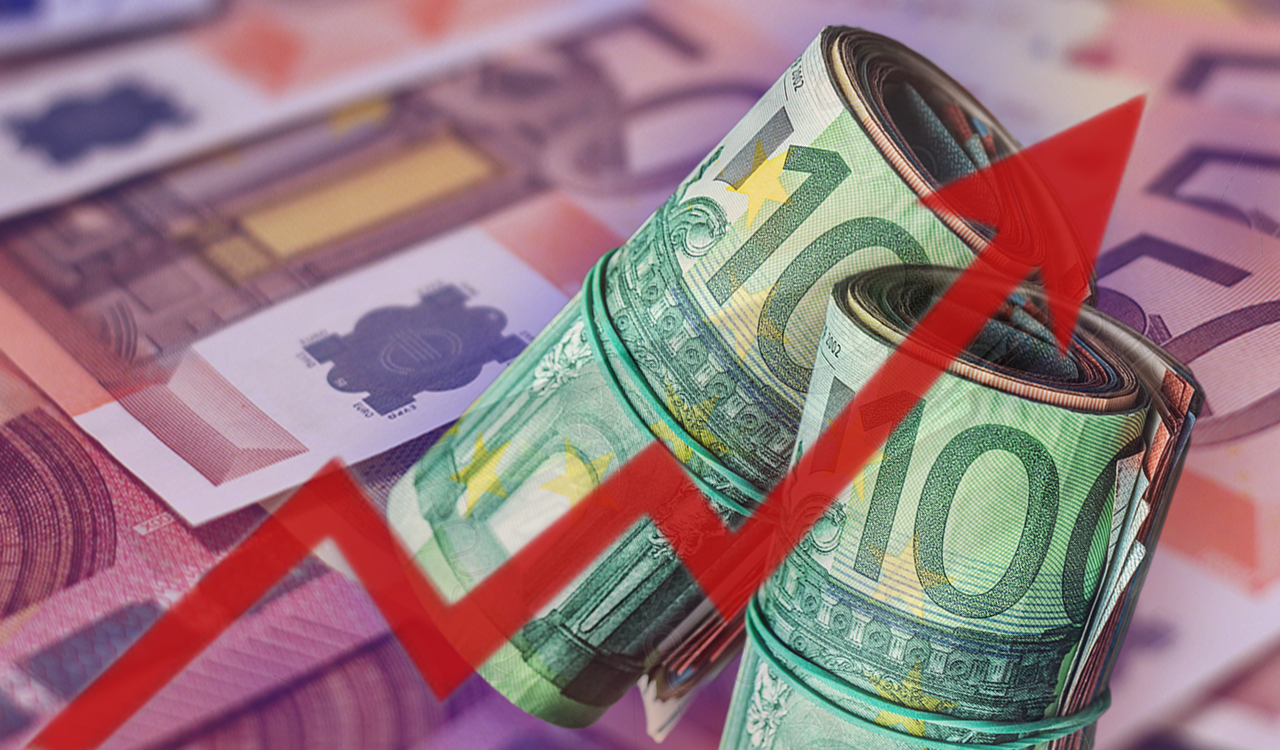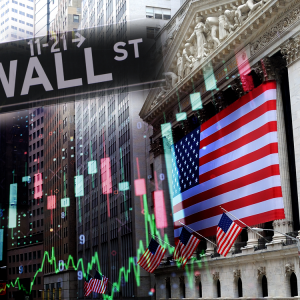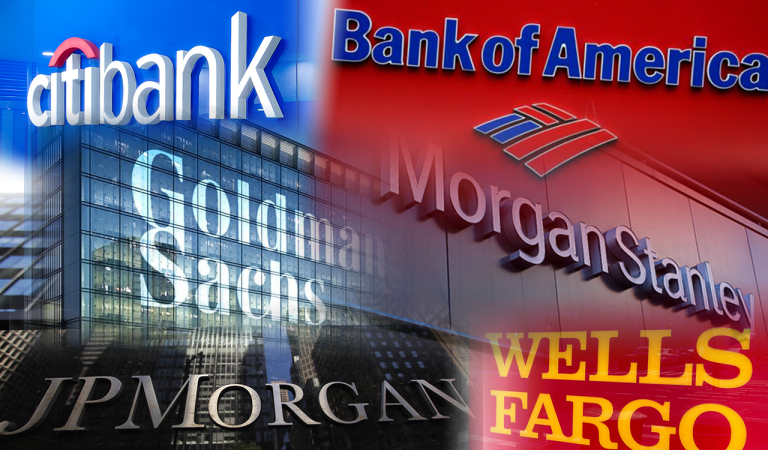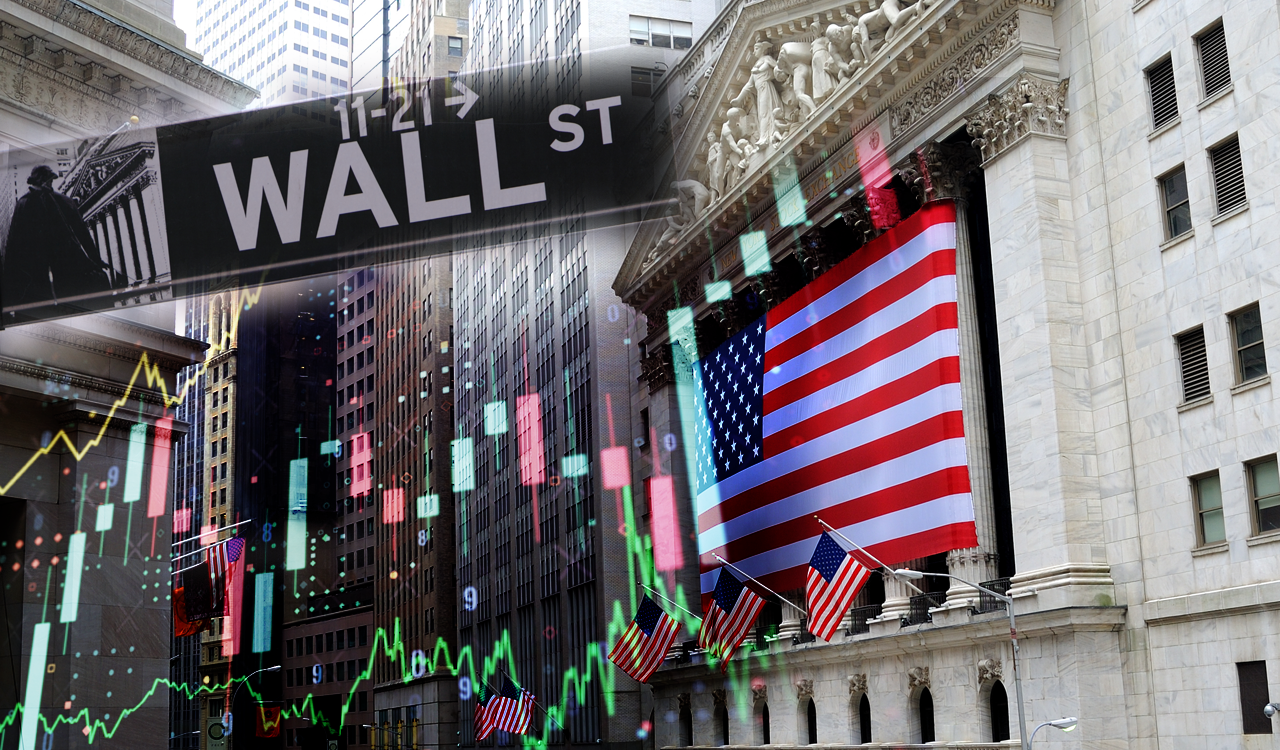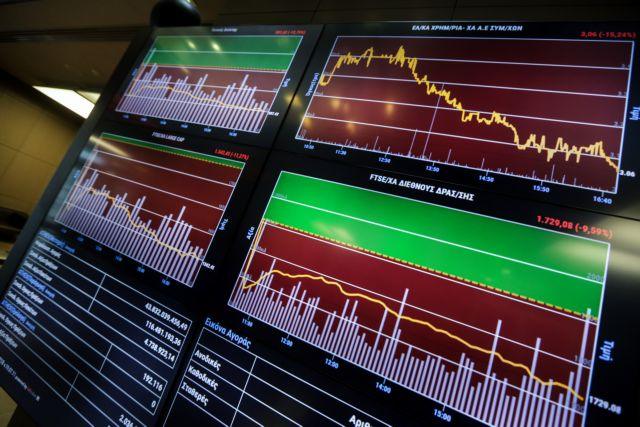The global bond markets recorded their worst year since 1999, according to the Financial Times, strongly influenced by the global rise in inflation.
Indicatively, shortly before 2021 ends, the Barclays aggregate bond index, which monitors government and corporate bonds worth 68 trillion dollars, shows a negative return of 4.8%. This is the worst performance for the index since 1999, when it had fallen by 5.2%, as investors fled the bond markets to the booming stock market in order to take advantage of the explosion of dotcom shares.
This year’s decline is attributed to two periods of massive liquidations, mainly of government debt. At the beginning of the year, investors “got rid” of long-term government bonds, estimating that the recovery from the pandemic would introduce a period of sustainable growth and high inflation. And then, around the fall, short-term debt was pounded by signs that central banks were preparing to shift course and enter an interest-rate trajectory in the face of persistent inflationary pressures.
In the US, where inflation reached its highest point in a decade, in November, at 6.8%, the 10-year yield has risen to around 1.49%, when it was just 0.93% at the beginning of the year, following reduced bond prices. The yield on the 2-year bond has risen from 0.12% to 0.65%.
“We should not be surprised that bonds have turned into bad investments when inflation ‘runs’ at 6%,” said James Athey from Aberdeen Standard Investments, explaining that next year is also going to be a difficult one. “There is a strong possibility of a second shock, if the central banks move faster than expected,” he added.
However, despite losses in 2021 and the prospect of tightening monetary policy next year by the Federal Reserve and other central banks, some fund managers say it’s premature to make any negative assessments.
Long-term bond yields peaked in March, but have since fallen sharply, despite markets anticipating a reversal of banks’ monetary policy. The US market, and other markets as well, expect that the Federal Reserve is heading for two or even three interest rate hikes, as well as that the Bank of England will raise interest rates by up to four, along with the cuts in European Central Bank asset purchases
As Nick Hayes from Axa Investment Managers explains, the recent strength of long-term debt is a sign that investors believe central bankers could derail economic recovery or even cause a stock market sell-off in the stock market, if they tighten monetary policy too quickly.
